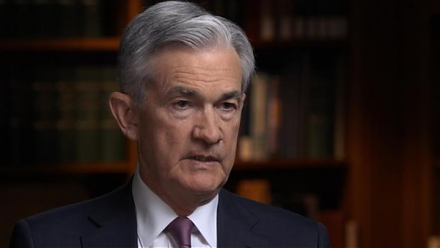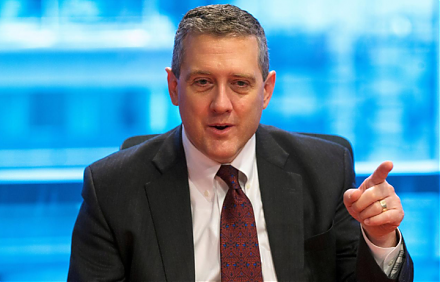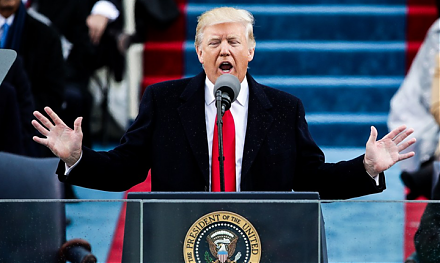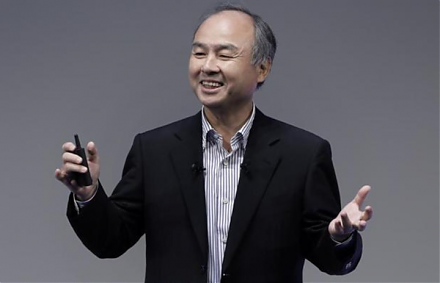

2018-05-02 06:32:00 Wed ET
technology antitrust competition bilateral trade free trade fair trade trade agreement trade surplus trade deficit multilateralism neoliberalism world trade organization regulation public utility current account compliance
What are the primary pros and cons of free trade or fair trade in the current Sino-American quagmire? Free trade means allowing goods and services to move as freely as possible across different countries. As countries develop over time, they start swapping goods and services across national borders. As transport improves in speed and quality, these countries start buying and selling goods and services abroad. When governments struggle to raise domestic taxes, it is easier to carry out the fair trade policy of levying heavy duties on foreign imports. Most economists eventually gain the upper hand because keeping these trade barriers as low as possible proves to be a sensible economic policy.
In accordance with the law of comparative advantage, free trade allows countries and corporations to specialize in intermediate production, service provision, or new tech innovation. Further, free trade expands the size of the economic pie and thus shifts scare resources from the less productive firms to the productive ones.
However, not everyone becomes better off. Some receive a smaller slice of the pie because product market concentration and dominance can exacerbate economic inequality. Free trade enhances the political discourse of peace and cooperation. It is important for the government to improve affordable residential real estate and labor mobility to counterbalance the exogenous shocks from fair trade barriers.
If any of our AYA Analytica financial health memos (FHM), blog posts, ebooks, newsletters, and notifications etc, or any other form of online content curation, involves potential copyright concerns, please feel free to contact us at service@ayafintech.network so that we can remove relevant content in response to any such request within a reasonable time frame.
2019-03-29 12:28:00 Friday ET

Federal Reserve Chair Jerome Powell answers CBS News 60 Minutes questions about the recent U.S. economic outlook and interest rate cycle. Powell views the c
2019-06-09 11:29:00 Sunday ET

St Louis Federal Reserve President James Bullard indicates that his ideal baseline scenario remains a mutually beneficial China-U.S. trade deal. Bullard ind
2018-07-19 18:38:00 Thursday ET

Goldman Sachs chief economist Jan Hatzius proposes designing a new Financial Conditions Index (FCI) to be a weighted-average of interest rates, exchange rat
2019-12-07 11:30:00 Saturday ET

China turns on its 5G telecom networks in the hot pursuit of global tech supremacy. China Telecom, China Unicom, and China Mobile disclose 5G fees of $18-$2
2018-07-30 11:36:00 Monday ET

Trumpism may now become the new populist world order of economic governance. Populist support contributes to Trump's 2016 presidential election victory
2018-12-21 11:39:00 Friday ET

The Internet and telecom conglomerate SoftBank Group raises $23 billion in the biggest IPO in Japan. Going public is part of the major corporate move away f